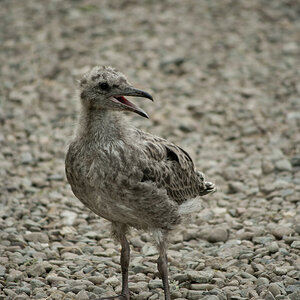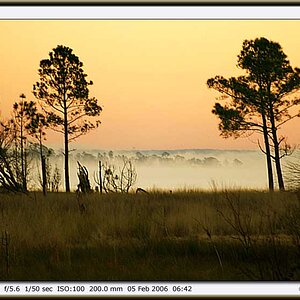TheLostPhotographer
TPF Noob!
- Joined
- Jun 27, 2007
- Messages
- 128
- Reaction score
- 0
- Location
- A Magical City
- Website
- www.thelostphotographer.co.uk
Does a photograph have to be technically perfect (technically superior, or even above average technically speaking), to be good or to be considered art?...
No. Not to my way of thinking. There are different measures of technical excellence. The effect aimed for by one artist may well be considered as a technical error by another.
My own preference is for photography to replicate reality as accurately as possibly - technically excellent to my own standard.
On the creative/technical skills front: technical ability is possibly the least important skill today. Digital technologies and modern cameras have made technical knowledge redundant to a large degree. I know I want the greatest depth of field possible so, I just put camera on AE, take a few spot readings to be sure and then focus purely on what's going on in the viewfinder.
Creative magic will never be replaced by computers. It is a skill that will become valued more greatly as time goes by. However, as Herzt the Van Man said; not everyone will recognise it. The Van Man also said Ansel Adams and Henri Cartier-Bresson were good business people. They were both great marketeers. Look at any successful artist or, photographer today and you will see a great marketeer or, a marketing machine behind them. Perhaps ability to sell is the most important skill in any walk of life.




![[No title]](/data/xfmg/thumbnail/40/40305-2fbdc00adce4fac5e62dccb3f6f9c633.jpg?1619739413)
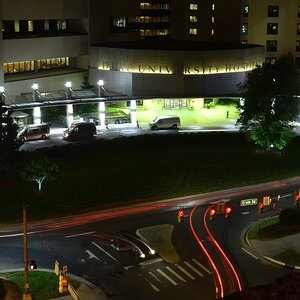
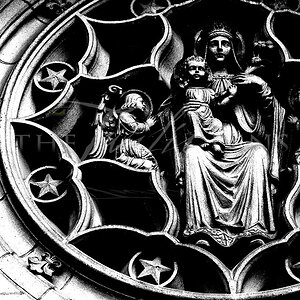
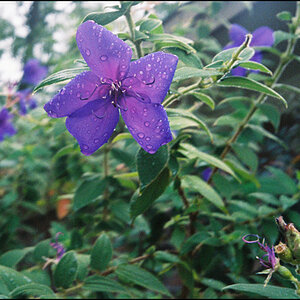
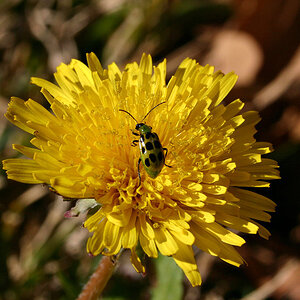
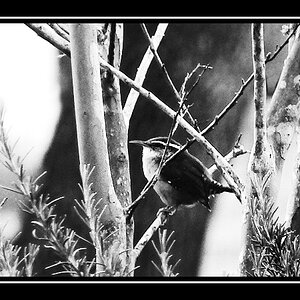
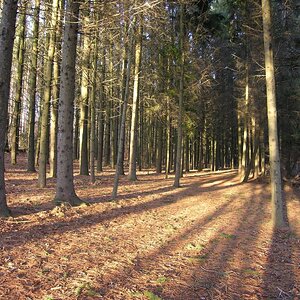
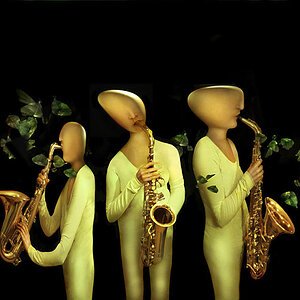
![[No title]](/data/xfmg/thumbnail/30/30989-2ed4e52fa80fcd0ba553c515ffc589cd.jpg?1619734553)
